
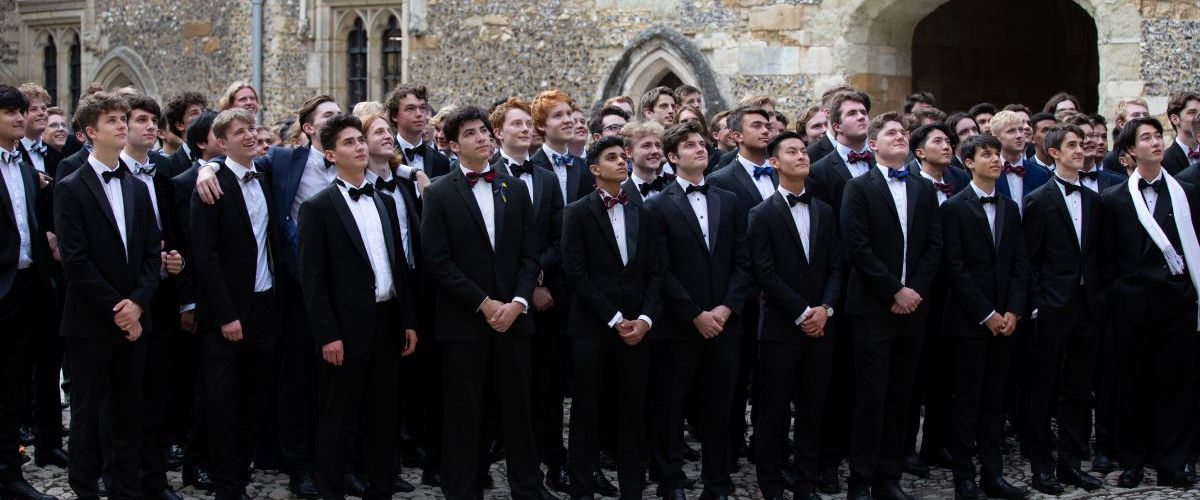
Cherish freedom
July 6th is marked in the Church of England’s calendar as the commemoration of Thomas More as a Reformation Martyr as it was on this day in 1535 that he was beheaded by order of King Henry VIII.
Given every opportunity to escape his fate, Saint Thomas More died because of his wilful choice to remain true to his beliefs. It is true that, in standing up for his principles, he did quite a lot of nasty things, including torturing heretics. He was a lawyer who used every legal trick in the book. He was, by all accounts, a very wily politician. At the end, he stood resolute against the full might of a government machine; a machine he understood so well having exploited it himself.
More was the first writer to use the English word ‘integrity’. “I die the King’s good servant, and God’s first,” he said as he went to the scaffold. It was a remark that underscores More’s conviction that integrity is possible in both political and personal life.
We know him best for his Utopia, that satirical, fantastical imagining of an idealised, complex, self-contained world set on an island, in which communities shared a common culture and way of life. Sort of Win:Coll: meets Love Island.
But as you Leavers prepare to use your return ticket from this Utopia, it is worth remembering where all of us “brought up to godliness and the studies of good learning” owe Thomas More a great debt: and that is in his attitude to education.
More’s study of history and of human nature led him to see that, if you want to achieve peace and justice, you require capacities and skills only attained through the hard work of education. To become a leader, you need what he called “a good mother wit”, and that too required a sterling education. By wit he meant a practiced good judgment – invaluable in weighing appearances and discerning character in the often fickle world of experience.
To achieve such a judgment, More advocated a deep study of philosophy, literature, history, and theology – the very education he sought for himself, and that he provided for his children. By insisting that his daughters enjoyed the same education as his son, More proved to be a radical and far-sighted educational reformer.
For More, a conscientia recti – ‘a right conscience’ was one of the chief goals of education. Conscience he understood in the traditional manner: as a judgment of the practical intellect. However, even the best conscience – the best exercise of the practical judgment – can be mistaken. Furthermore, human freedom always makes it possible to reject the promptings of conscience. So that is why one goes to school: to nurture the humble “love of good advice”. More considered this absolutely vital; it was the indispensable condition for the responsible use of freedom.
Leavers, you are now, in a manner of speaking, free. I hope you feel ready to leave Winchester. That’s as it should be. That’s healthy. I also hope that you’ll not forget the ‘good advice’ that a good liberal education has given you: a critical discernment of received wisdoms; a respectful attendance to alternative views; an empathic reverence for those less fortunate than you; a righteous indignation toward injustice and apathy; a risky preparedness to embrace difference.
“Cherish freedom,” More wrote from his prison cell yesterday, 484 years ago. A freedom informed by a conscientia recti.
Leavers: cherish freedom in whatever you go on to do. But, please, never take for granted those freedoms. Such liberties are not guaranteed, and in More’s sphere of interest, politics, there are ominous signs all around us that the political liberties we have enjoyed are under threat. Nor should we ever forget that freedom if you’re rich is something altogether different from freedom if you’re poor; that freedom if you’re male can still be very different from freedom if you’re female; that freedom if you’re white is still often very different from freedom if you’re a person of colour; that freedom if you’re a heterosexual is, in many parts of the world, very different from freedom if you’re of a different sexual orientation; that freedom if you’re healthy or able-bodied is very different from freedom if you’re chronically sick or disabled; and that freedom if you’re educated is very different from freedom if you’re undereducated.
What are the prospects for our redressing these inequalities? Well, the privilege of being your chaplain this last year, and of getting to know many of you, gives me cause to be hopeful about the future.

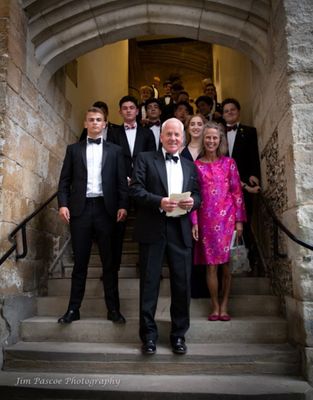
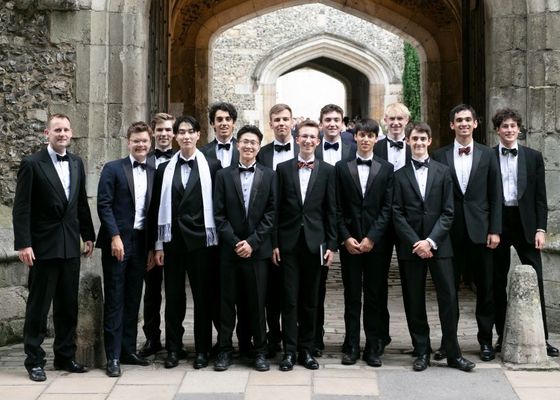
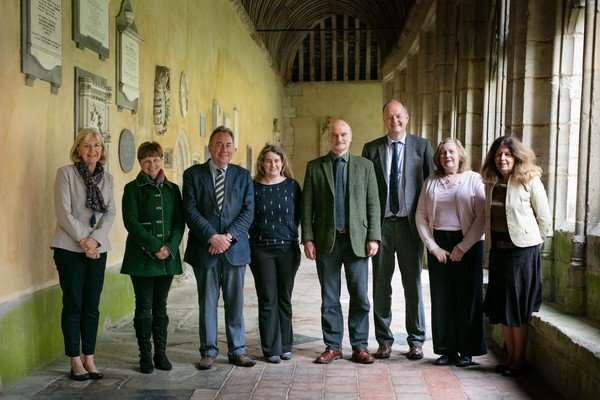
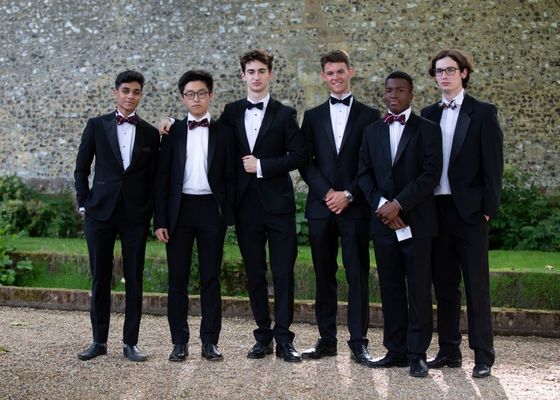
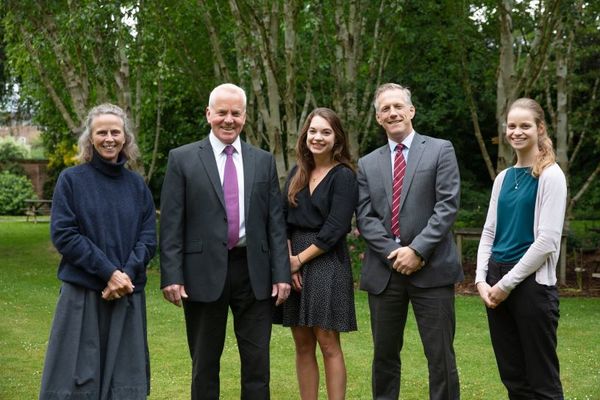
 Head back to stories
Head back to stories